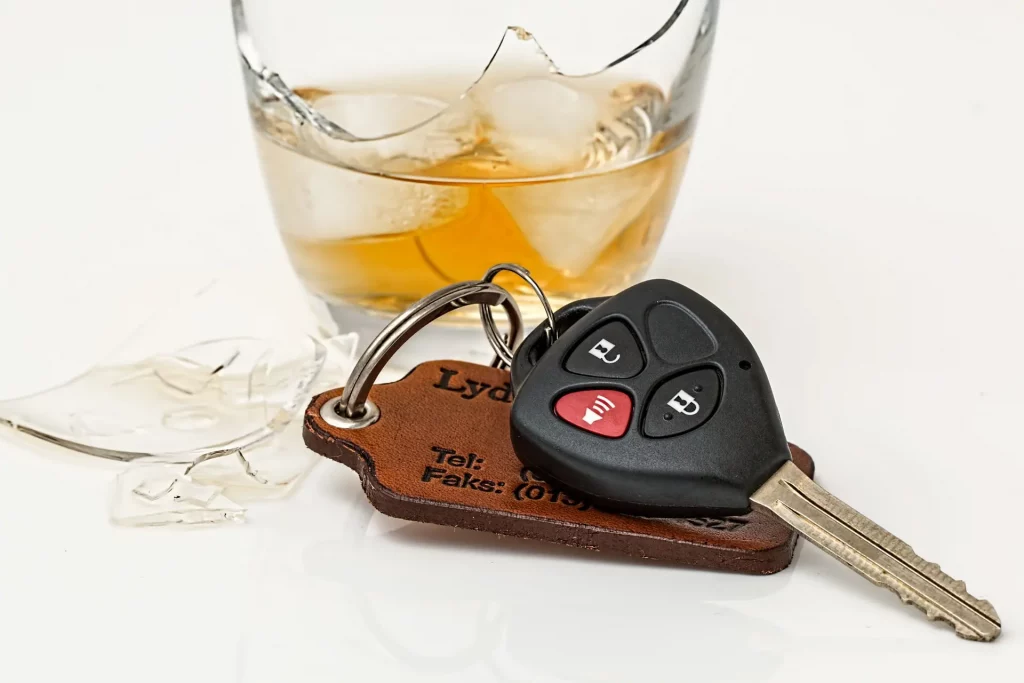In bustling New York City, the question of legal liability for injuries occurring on private property is a prevalent concern for property owners and visitors alike. Whether it’s a slippery sidewalk in winter, a broken staircase in a brownstone, or a hazardous condition in a commercial establishment, accidents can happen anywhere and at any time. At Rosenberg & Rodriguez, we understand the complexities surrounding premises liability and are here to help you understand who holds the responsibility when someone gets hurt on your property in NYC.
Understanding Premises Liability
Premises liability is a legal concept that comes into play when an individual gets injured on someone else’s property due to unsafe or defective conditions. The laws governing premises liability in New York City are designed to ensure that property owners maintain safe environments for all who enter, whether they’re tenants, customers, or even trespassers in some cases.
Types of Visitors
The duty of care owed by a property owner largely depends on the type of visitor:
- Invitees: Individuals invited onto the property for business purposes (e.g., customers in a store). Property owners owe the highest duty of care to invitees, ensuring the premises are safe and regularly inspecting for potential hazards.
- Licensees: Individuals who enter the property for social purposes or with permission (e.g., friends, neighbors). Property owners must warn licensees of known dangers that aren’t obvious.
- Trespassers: Individuals who enter the property without permission. Generally, property owners owe the least duty of care to trespassers, but they must refrain from willfully causing harm.
Common Scenarios Leading to Premises Liability Claims
When determining responsibility for an injury on your property, it’s essential to recognize the specific conditions and scenarios that might lead to liability claims.
Slips, Trips, and Falls
One of the most common causes of injury claims involves slips, trips, and falls. These accidents often occur due to:
- Wet or icy surfaces
- Uneven or broken flooring
- Poor lighting
- Loose rugs or carpets
- Cluttered walkways
Structural Defects
Structural defects such as broken handrails, unstable stairs, or faulty elevators can also lead to severe injuries. Property owners are responsible for maintaining their buildings and ensuring that all structural elements meet safety codes and standards.
Inadequate Security
In some cases, property owners may be held liable for injuries resulting from criminal acts if inadequate security measures contributed to the incident. For example, if someone is assaulted in a poorly lit parking lot with no security cameras, the property owner might be deemed responsible.
Dog Bites
Dog bites can lead to premises liability claims if the incident occurs on the owner’s property. New York follows a “mixed” rule, combining strict liability for dangerous dogs and a negligence standard for others. If a dog has a history of aggression, the owner may be held strictly liable for any bites.
Proving Liability in Premises Liability Cases
To successfully pursue a premises liability claim, the injured party must prove several elements:
- Duty of Care: Establish that the property owner owed a duty of care to the injured party based on their status (invitee, licensee, or trespasser).
- Breach of Duty: Show that the property owner breached this duty by failing to maintain a safe environment or address known hazards.
- Causation: Demonstrate that the breach directly caused the injury.
- Damages: Provide evidence of the injuries sustained and the financial losses resulting from the accident, such as medical bills, lost wages, and pain and suffering.
Defenses Against Premises Liability Claims
Property owners have several defenses they can use to contest premises liability claims:
Comparative Negligence
New York follows a comparative negligence rule, meaning that if the injured party is found partially responsible for their injuries, their compensation may be reduced proportionately. For example, if someone trips over a hazard that a reasonable person would have noticed and avoided, they might share some responsibility for the accident.
Assumption of Risk
If the injured party knowingly engaged in an activity with inherent risks, the property owner might argue that the individual assumed the risk and thus waived their right to claim damages. This defense is commonly used in cases involving recreational activities or sports.
Lack of Knowledge
A property owner might claim they were unaware of the hazardous condition and had no reasonable way to discover it. However, this defense is only valid if the owner can prove they regularly inspected and maintained the property.
Steps to Take if Someone Gets Hurt on Your Property
If someone gets hurt on your property, taking immediate and appropriate steps can significantly impact the outcome of any potential claims:
1. Provide Immediate Assistance
Ensure that the injured party receives medical attention as soon as possible. Your priority should be to address their well-being and safety.
2. Document the Incident
Gather as much information as possible about the incident. This includes:
- Taking photographs of the accident scene
- Collecting witness statements and contact information
- Noting the time, date, and weather conditions
3. Report the Incident
Depending on the severity of the injury, you may need to report the incident to local authorities or file an incident report with your insurance company.
4. Maintain Records
Keep detailed records of any correspondence, medical reports, and expenses related to the accident. This documentation will be crucial if a claim is filed against you.
5. Contact Your Insurance Company
Notify your insurance company about the incident promptly. They will guide you through the claims process and provide advice on how to proceed.
How Rosenberg & Rodriguez Can Help
Navigating the complexities of premises liability law in New York City can be daunting. At Rosenberg & Rodriguez, our experienced personal injury attorneys are dedicated to protecting your rights and helping you achieve the best possible outcome. We offer comprehensive legal support, including:
- Thorough investigation of the incident
- Gathering and preserving evidence
- Negotiating with insurance companies
- Representing you in court if necessary
Our goal is to ensure that you receive the compensation you deserve while minimizing the stress and uncertainty associated with legal proceedings.
Contact Our Award-Winning Personal Injury Lawyers Today
Understanding who is responsible if someone gets hurt on your property in NYC is crucial for both property owners and visitors. Premises liability law is designed to hold property owners accountable for maintaining safe environments and preventing accidents. By knowing your duties and taking proactive measures, you can reduce the risk of injury claims and protect your interests.
If you’re facing a premises liability claim or need legal advice related to an injury on your property, don’t hesitate to reach out to Rosenberg & Rodriguez. Our team of skilled personal injury attorneys is here to help you every step of the way. Contact us today for a free consultation and learn more about how we can assist you in navigating the complexities of premises liability law.
By following these guidelines and understanding the responsibilities that come with property ownership in New York City, you can better protect yourself and others. Remember, when in doubt, seeking legal counsel can provide clarity and peace of mind in these challenging situations.




